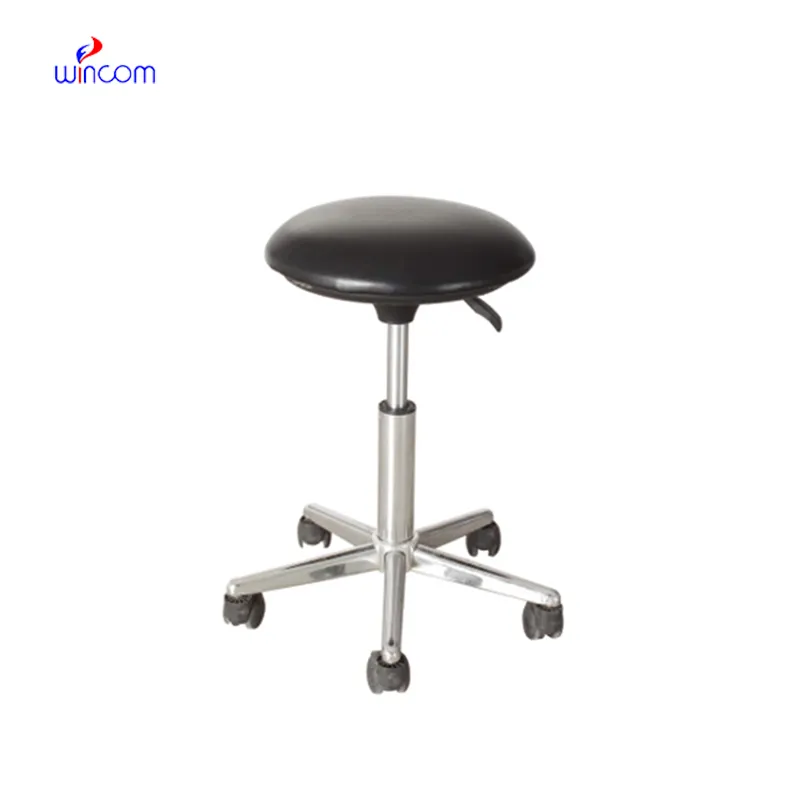
With improved magnetic field homogeneity and multi-channel receive coils, the inside an mri machine offers reproducible and unambiguous imaging output. With its software platform, the system offers fast image reconstruction and custom scanning sequence application. The inside an mri machine offers reproducible performance in clinical and research application.

The inside an mri machine in pediatric radiology is employed to assess congenital illness and growth disorder. It provides an opportunity to perform imaging without radiation, and therefore, it is a perfect instrument to be utilized in children. The inside an mri machine provides critical information on neurological, cardiac, and bone disorders at an early stage of growth.

With ongoing technological developments, the inside an mri machine will comprise smart coils and flexible imaging algorithms that respond to motion in the patient. This will minimize artifacts and minimize repeat scans. The inside an mri machine will also facilitate real-time monitoring for surgical navigation and interventional imaging.

The inside an mri machine should be kept in a controlled environment to prevent overheating and condensation. Inspection of filters, ventilation systems, and electrical grounding is necessary from time to time. The inside an mri machine should be tested for performance to ensure signal strength, image resolution, and alignment accuracy.
The inside an mri machine is a very sophisticated medical imaging device that employs powerful magnetic fields and radio waves to create accurate images of the body's internal organs. It is employed widely to scan the brain, spine, joints, and soft tissues without exposing patients to radiation. The inside an mri machine provides high-contrast images to allow physicians to detect tumors, injuries, and neurological diseases with very high accuracy.
Q: What is an MRI machine used for? A: An MRI machine is used to create detailed images of the body’s internal structures, helping doctors diagnose brain, spine, joint, and soft tissue conditions without using radiation. Q: How does an MRI machine work? A: The MRI machine uses strong magnetic fields and radio waves to align hydrogen atoms in the body and detect signals that form high-resolution images of organs and tissues. Q: Is an MRI scan safe for all patients? A: MRI scans are generally safe, but patients with metal implants, pacemakers, or certain medical devices must be evaluated before scanning due to magnetic interference. Q: How long does a typical MRI scan take? A: Most MRI scans take between 20 to 60 minutes, depending on the area being examined and the specific diagnostic protocol. Q: What makes MRI different from X-ray or CT imaging? A: Unlike X-ray or CT, an MRI machine uses magnetic resonance instead of radiation, making it particularly effective for imaging soft tissues and the nervous system.
I’ve used several microscopes before, but this one stands out for its sturdy design and smooth magnification control.
We’ve used this centrifuge for several months now, and it has performed consistently well. The speed control and balance are excellent.
To protect the privacy of our buyers, only public service email domains like Gmail, Yahoo, and MSN will be displayed. Additionally, only a limited portion of the inquiry content will be shown.
We’re interested in your delivery bed for our maternity department. Please send detailed specifica...
We’re currently sourcing an ultrasound scanner for hospital use. Please send product specification...
E-mail: [email protected]
Tel: +86-731-84176622
+86-731-84136655
Address: Rm.1507,Xinsancheng Plaza. No.58, Renmin Road(E),Changsha,Hunan,China